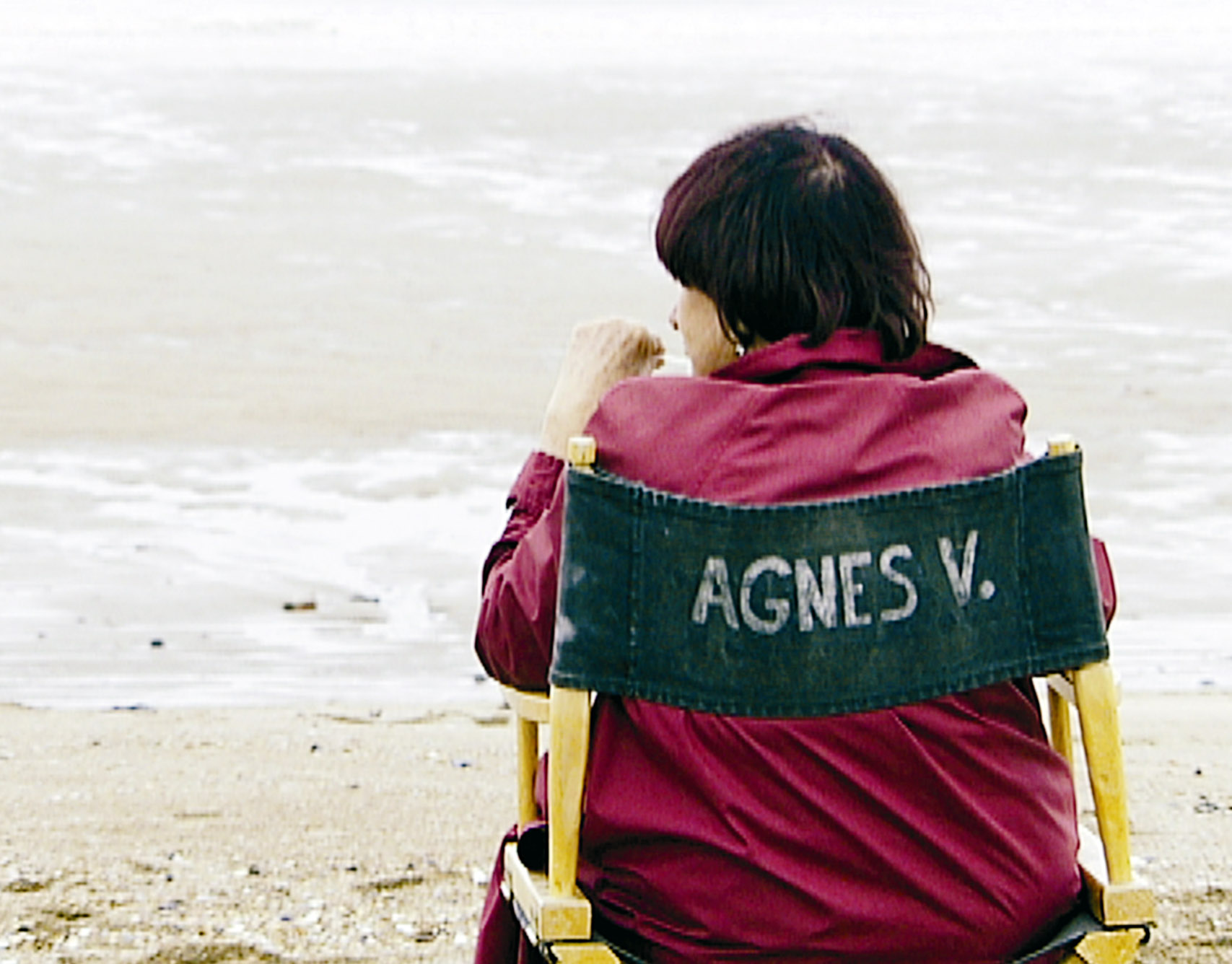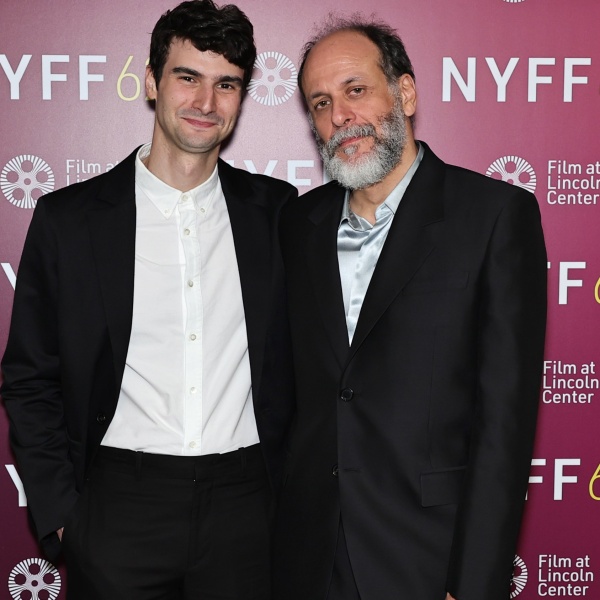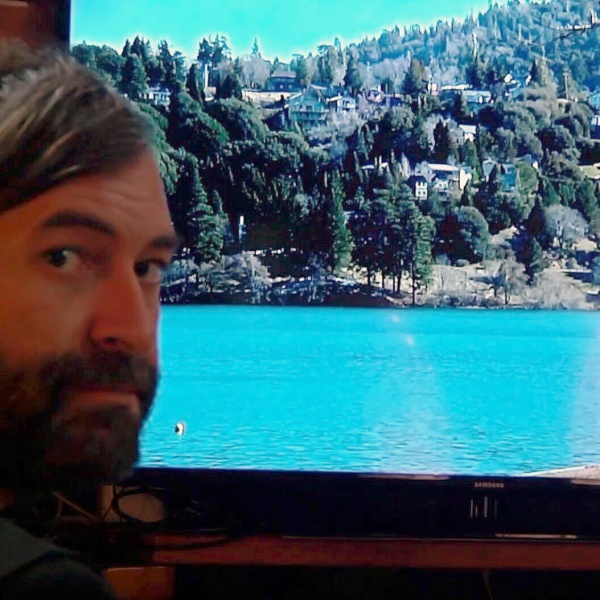While an undergraduate at the University of California, San Diego, in 1971, Carrie Rickey took a course taught by Manny Farber called “A Hard Look at the Movies.” On the syllabus was Agnès Varda‘s “Cléo from 5 to 7,” a film that brought tears to Rickey’s eyes as soon as she saw the “Script and Direction by Agnès Varda” credit appear on screen. “I was stunned,” the film critic told IndieWire. “I never thought a woman could direct a movie. You get a little older and you realize the first feature film was directed by a woman, Alice Guy-Blaché, but Varda was the first female filmmaker I ever saw on screen.”
As the decades passed and Rickey saw more of Varda’s work, Varda expanded and deepened Rickey’s ideas not just about female filmmakers but about what it meant to be a filmmaker in general. Her interest in Varda has now culminated in “A Complicated Passion: The Life and Work of Agnès Varda,” a terrific biography that examines Varda’s output as a filmmaker, still photographer, and installation artist. It’s one of the best books ever written about the intersection between a director’s personal life and their work, as Varda traces how Varda’s relationships and struggles in the film industry informed — and were informed by — the movies she made.
“She was always pushing, and she just never gave up,” Rickey said. “That might be due to her having to work harder to get attention because she was a woman. But she was also difficult.” Rickey laughed, recalling her first encounter with Varda, when Rickey was a film critic for the Philadelphia Inquirer and interviewed the French New Wave icon at Cannes. “She looked at me with her gimlet eye and said, ‘I was hoping for the New York Times.’ I had no idea how to process that. I just felt very exposed and condescended to.”
Luckily, when Varda realized Rickey had written a piece on the L.A. muralists that she had liked, she let her guard down, and the conversation became more relaxed. But Varda’s prickly side is on full display in “A Complicated Passion” — as are her fearlessness, vulnerability, tenacity, and, most of all, talent and influence as a New Wave director who made her first feature well before Godard, Truffaut, and other titans of the movement were more quickly and loudly celebrated.
For Rickey, Varda’s struggles were recognizable and relatable after watching her own mother, a sculptor, face similar hurdles. “I had seen so many of my mother’s attempts to show in galleries with male artists and be accepted by her peers and knew that pain,” Rickey said. Rickey herself came up in a world where very few women were making inroads in film criticism. “There was Molly Haskell and Janet Maslin. You’d go to these National Society of Film Critics meetings, and there were two or three women and 20 men.”
Initially, she had planned to explore what it meant to be a female filmmaker in a more wide-ranging book about the history of movies by women. “At the beginning of film history, you get these people like Lois Weber and Alice Guy-Blaché who are making movies about abortion, or women’s unequal pay,” Rickey said. “I was trying to tell a story tracing how women were seeing contemporary culture.” Ultimately, Rickey found that Varda’s story encapsulated most of the ideas she wanted to explore — and that there was passionate interest in the director, who passed away in 2019.

“I talked to a lot of directors, and she affected so many of them,” Rickey said. “Agnieszka Holland said seeing her first Varda movie at 14 showed her the kind of movie she wanted to make. Martin Scorsese said he had never seen a movie about the inner life of a woman before he saw ‘Cléo.’ And the more filmmakers you talk to, you hear it over and over again. There are certainly other female filmmakers, there’s Věra Chytilová and all the Soviet filmmakers who got to make a lot of movies because they’re subsidized, but everyone always talks about Varda being the one who surprised them.”
While Rickey suspects that part of that might be that Varda’s films were simply more widely seen in America, she also notes that she discovered many things about the director that proved how singular she was, and how ahead of her time.
“She basically invented the focus group on her own,” Rickey said. “When she made ‘Cléo,’ she screened it at cine-clubs and asked people, ‘What did you think about it? What were your takeaways? What do you think this movie is about?’”
Varda was also remarkably resilient and adaptable. “She really understood how to get funding,” Rickey said. “When ‘Les Créatures’ was turned down, she wrote ‘Le Bonheur’ in a weekend and got the money for that. And it turned out to be 10 times better a movie than ‘Les Créatures.’” Rickey said that Varda was also very conscious about how she presented herself publicly. “I think she wanted to brand herself as the cute grandma. She thought, ‘It worked for Hitchcock, maybe it can work for me.’”
The brilliance of Rickey’s book is how far beyond that “cute grandma” image it goes to present an artist in all her complexity and ferocity; in the end, “A Complicated Passion” is as inspiring and revelatory as the work of its subject. It’s also a reminder of what a Zelig-esque figure Varda was, crossing paths with everyone from Jim Morrison and Simone de Beauvoir to Harrison Ford, who she pushed for the lead in a film by her husband Jacques Demy long before anyone had ever heard of the actor. Rickey puts it simply when something the director up: “She was a force.”
“A Complicated Passion: The Life and Work of Agnès Varda” is available from W.W. Norton & Company.





